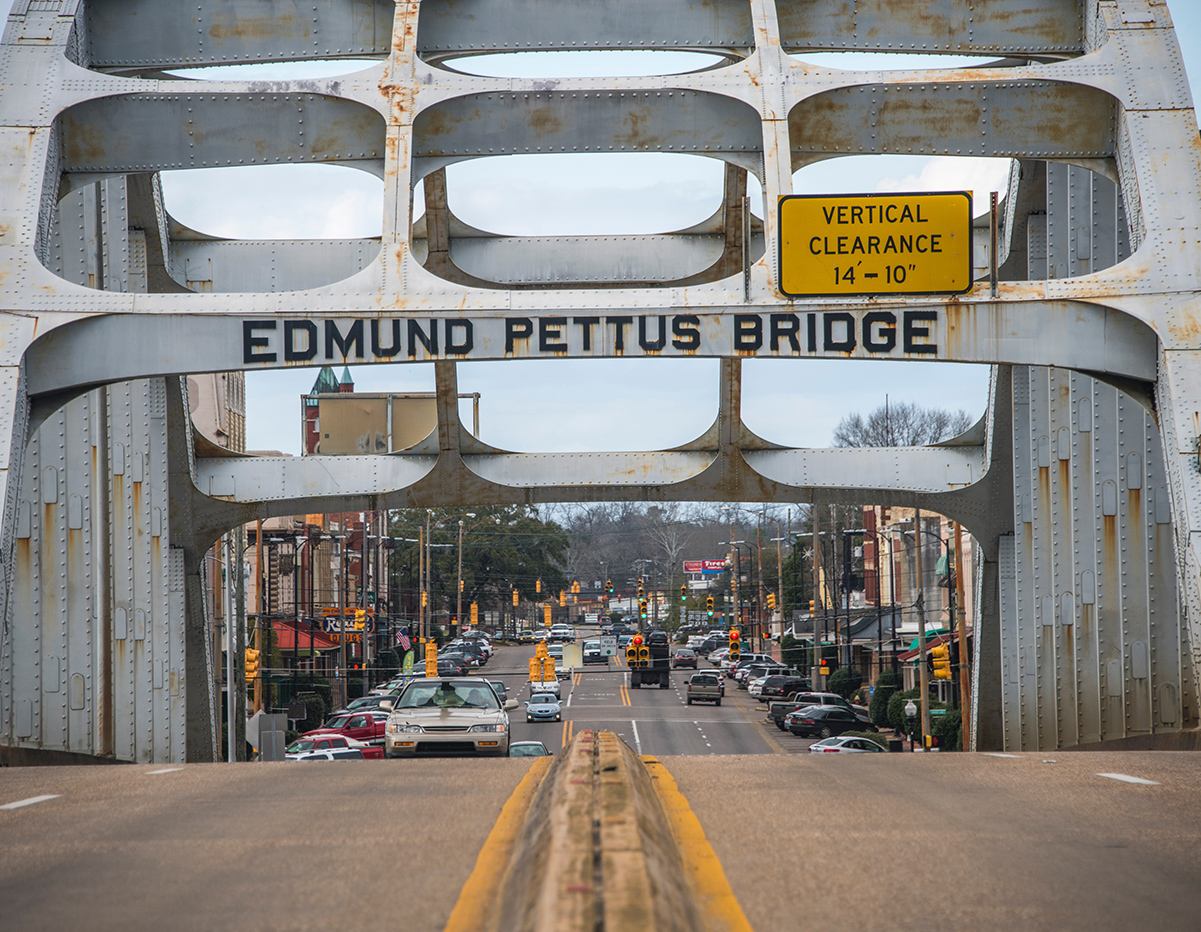
I will remember this holiday break as a special one. My youngest daughter expressed a new interest in movies about Black history, and I was all in!
We watched some inspirational movies focused on the roles of Black women, like the new film The Six Triple Eight, depicting the first and only Women’s Army Corps unit of color to be stationed in Europe during World War II. And we saw Hidden Figures, which tells the story of three brilliant mathematicians who supported NASA’s launch of the first astronaut into space.
We also watched Ava Duvernay’s Selma, a moving depiction of the 1965 voting rights marches from Selma to Montgomery, Alabama, that were led, in part, by Dr. Martin Luther King, Jr.
As we sat together watching, a particular scene in the movie really struck me. It showed Dr. King at Brown Chapel Church speaking to mourners after the murder of Jimmy Lee Jackson, a young activist killed by an officer as he tried to protect his mother during the protests. In the face of this atrocity, Dr. King spoke passionately about both the horror of the senseless killing and the hope required to keep marching and fighting.
This ability to hold on to hope in the midst of the horror of so much injustice was one of Dr. King’s many gifts. And he maintained that hope even when the fight for justice included taking on the White House.
Today, we honor the legacy of the man who led our country forward in the struggle for racial justice. And we do so on the same day that we inaugurate a president who has been anything but an advocate for Black communities. During a troubling election, he relentlessly belittled Vice President Kamala Harris and her historic candidacy. He dehumanized Black and Brown immigrants in repulsive ways. He reminded us that the fight for racial equity is far from over.
Yet we must hold tight to hope.
Today, our country is in a place of tension and division. We are challenged with constant opposition to and resistance of our values. Systemic racism is still prevalent in institutions — the criminal justice system, education, health care, and housing. The road ahead is daunting, but it’s one we must walk together.
And EJUSA’s work has created powerful momentum…
…We are building safety by elevating communities and their solutions—the things they know they need to be safe.
…We are rooting restorative justice programs and processes across the country, and keeping young people free of the harm of our legal system.
…We’re on the frontlines with our anti-death penalty partners, securing historic victories like the recent federal commutations while also organizing several state repeal campaigns.
As Dr. King once said, “Now let us begin. Now let us re-dedicate ourselves to the long and bitter, but beautiful, struggle for a new world.”
We are grateful to you for marching with us in this beautiful struggle and to Dr. King for inspiring the vision that guides us every day.
Toward justice.



